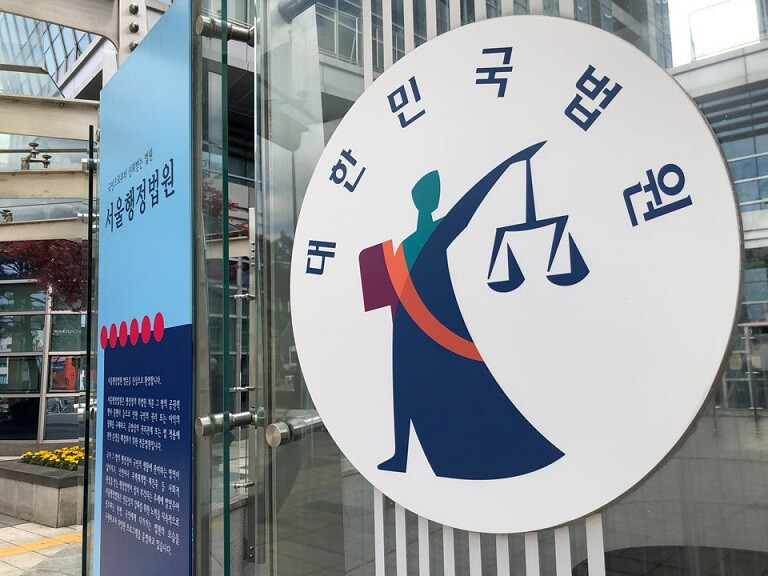
Seoul, South Korea - In a significant ruling for labor rights, South Korea's Supreme Court has broadened the interpretation of unfair labor practices, asserting that continuous personnel disadvantages inflicted upon union members can imply an intention to cause wage disadvantages, thus falling under the purview of illegal employer conduct.
The Third Division of the Supreme Court recently overturned a lower appellate court's decision, siding with the Korean Metal Workers' Union and its members in their legal battle against the National Labor Relations Commission. The case, which will now be reviewed by the Daejeon High Court, centers on allegations that a company deliberately suppressed the wages of union members through unfavorable performance reviews and denied promotions as a tactic to discourage union membership.
The dispute originated in 2014 when employees of a company, following an announcement of its acquisition by A Group, established a labor union. The union members claimed that between 2015 and March 2019, the company systematically gave them subpar performance evaluations and withheld promotions, directly impacting their wages. They argued that this constituted an unfair labor practice aimed at undermining their union activities and filed a complaint with the Gyeongnam Regional Labor Relations Commission in August 2019.
However, the local labor board dismissed their claim, citing a statute of limitations. They argued that the complaint was filed more than three months after the alleged acts of withholding promotions, the deadline stipulated by Article 82 of the Trade Union and Labor Relations Adjustment Act. While the workers contended that the discriminatory low wage payments persisted into the following year, their subsequent appeal to the National Labor Relations Commission was also unsuccessful. This prompted them to seek judicial intervention to overturn the commission's decision.
The first instance court had initially ruled in favor of the union members, recognizing a clear link between the negative personnel actions and the subsequent wage suppression. The court reasoned that the low performance evaluations and denied promotions, followed by discriminatory wage payments, exhibited a continuity stemming from the company's anti-union stance.
The appellate court, however, reversed this decision, focusing on the union's initial complaint which specifically cited "low performance evaluations" and "promotion omissions" as the unfair labor practices, without explicitly mentioning "discriminatory wage payments." The appellate court concluded that the timeframe for claiming relief had passed.
The Supreme Court's landmark ruling has now reversed the appellate court's judgment. The highest court stated unequivocally that an employer's deliberate act of giving unionized workers poor performance reviews or denying them promotions due to their union involvement inherently suggests an intention to cause financial harm through lower wages.
Furthermore, the Supreme Court deemed the company's actions – conducting performance evaluations in 2018 and subsequently paying wages based on these evaluations from March 2019 to February 2020 – as a "continuing act" within the same period. Consequently, if the discriminatory wage payments are presented as part of the unfair labor practice, the union's request for relief was filed within the statutory period.
This ruling is expected to have significant implications for labor law in South Korea, potentially making it easier for unions to challenge employer practices that, while manifested in personnel decisions, ultimately lead to wage discrimination. Labor advocates are likely to hail this decision as a step towards greater protection for unionized workers against subtle forms of retaliation. The case will now return to the Daejeon High Court for a retrial in light of the Supreme Court's interpretation.
[Copyright (c) Global Economic Times. All Rights Reserved.]



























